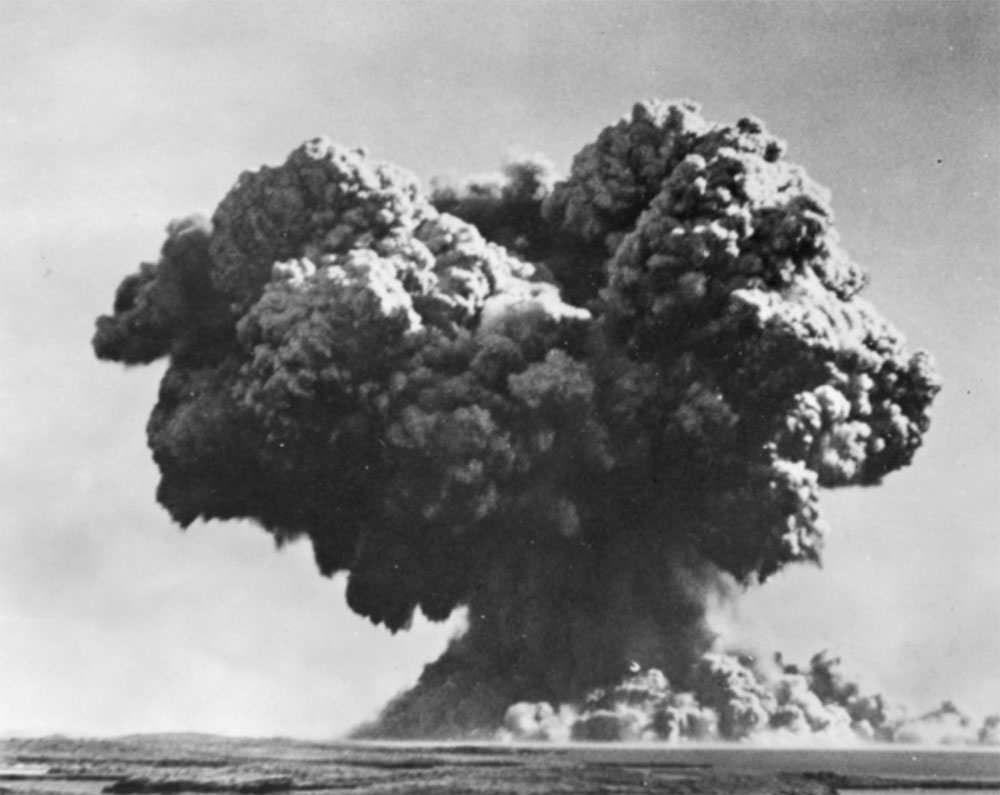London (Parliament Politics Magazine) – Many individuals are anxious about the possibility and consequences of a nuclear explosion in light of recent terrorist threats. This information sheet was compiled by the Centers for Disease Control and Prevention (CDC) to inform readers about the aftermath of a nuclear detonation, the health risks involved, and the measures they may take to protect themselves. Let’s talk about what you need for nuclear war.
Things You need to do for Nuclear War
1. Take cover
Emergency Warning wording includes this for a purpose. Survival requires it. Concrete shields radiation from nuclear weapons, despite Terminator-like sights of desolate charred landscapes, blackened corpses, and sparkling robots.
In 1945, the US bombed Hiroshima, a traditional Japanese metropolis. No high-rises existed then. Wood, brick, and paper made most structures. The Genbaku Dome, a peace monument, is the only double-storey concrete and brick dome-topped edifice to exist.
In the case of a nuclear bomb, seek shelter in a solid chamber without windows. Close doors and blinds and avoid windows and bright flashes.
2. Plan to remain inside for 24 hours.
You may want to exit the building, locate your family, and aid the wounded. Don’t.
Secure your life jacket before helping others.
After impact, you have 15-20 minutes to move before nuclear fallout begins. Mobile phone and power outages.
- Find a secure overnight spot.
- Fill sinks in sink rooms.
- Pumps won’t operate without power, so water flows under pipe pressure. Save this water in the sinks for later.
- Get food and medicine.
- You don’t want to be stranded with a pack of mints and a wallet full of scarcely used membership cards, so plan. Hide with high-energy meals.
3. Listen. Nuclear radiation is uneven.
The map below shows nuclear fallout’s uneven distribution. Winds, rain, and pressure systems disperse it. Survivors of the Fukushima nuclear meltdown faced different risks.
Survivors might escape nuclear fallout by heading north 10km. However, had they mistakenly travelled northwest, they would have been in the direct path of fatal nuclear fallout for almost 30km. Knowing your surroundings and city can help you recover from any crisis, from sea level rises to nuclear weapons.
Read More: Super Easy Way To Get a Stall At Christmas Market
4. Post-disaster decontamination.
Nuclear decontamination is easier than you believe. Pills, scanners, and pricey deionising devices are unnecessary.
Just a nice shower.
In nuclear fallout zones, victims may be decontaminated by showering and shampooing. Nuclear radiation binds to dust and skin particles. The longer your skin is in touch with radioactive dust, the more probable your muscles may absorb radiation. Dust inhalation and ingestion are the most harmful since you can’t cleanse your lungs or stomach. Your lungs may radiate radioactive isotopes.
Nuclear war, artificial fertilizer shortages, fuel shortages, railroad strikes, oh my! More than one thing can effect long-term nutrition, so the start of a look at what you need to consider for practical preparedness. https://t.co/GbSu451tL0 @VodkaPundit @EdMorrissey
— LaughingWolfOne (@LaughingWolfOne) November 1, 2022
After a nuclear incident, your first concern is to prevent radioactive dust contact and inhalation. Fallout will fall to the ground, so remain inside for 24 hours to avoid strolling through that dust cloud! After that, cover as much flesh as possible with a dust mask and travel to your next hiding spot.
After a nuclear accident, remove all exposed clothes and rapidly shake as much dust off your hair and skin before entering your bunker. Wear a dust mask outdoors until you’re informed dust exposure is low.
Change air filters periodically. You’ll need a washdown room to remove shoes and clothes before entering the home. Good cleanliness will be essential for months or years until all radiation is gone.
Read More: Clever Ways To Afford Decent Standard of Living in London
Conclusion
We hope that this article answers your question of what you need for nuclear war. The impact that a nuclear detonation will have on a person will vary depending on the magnitude of the bomb that was detonated and the distance that the individual was from the epicenter of the explosion. However, a nuclear explosion would very certainly result in a considerable deal of devastation, as well as deaths and injuries over a large region.


